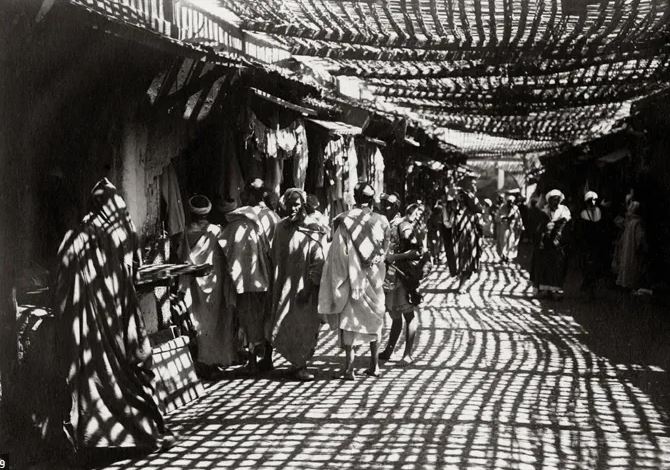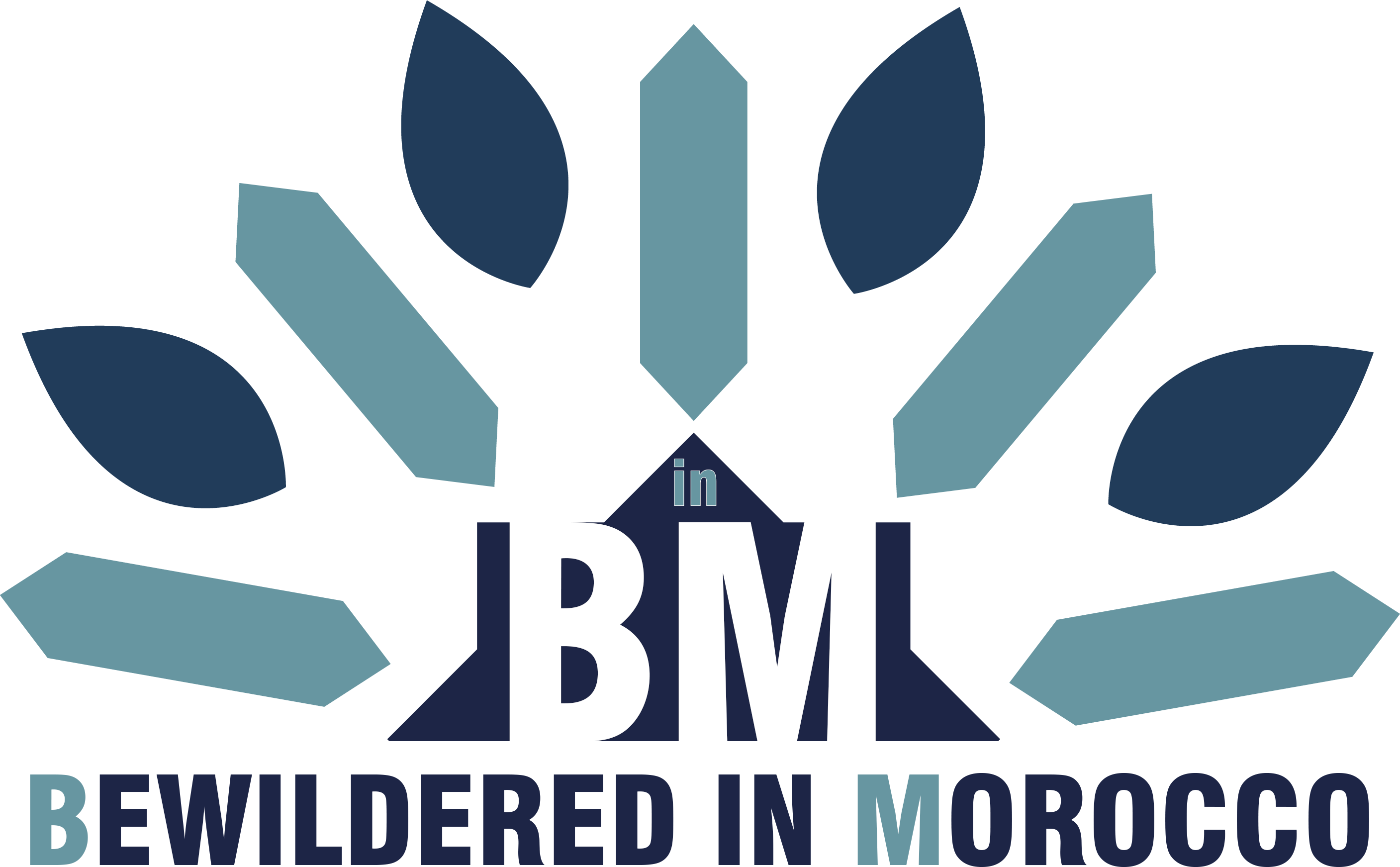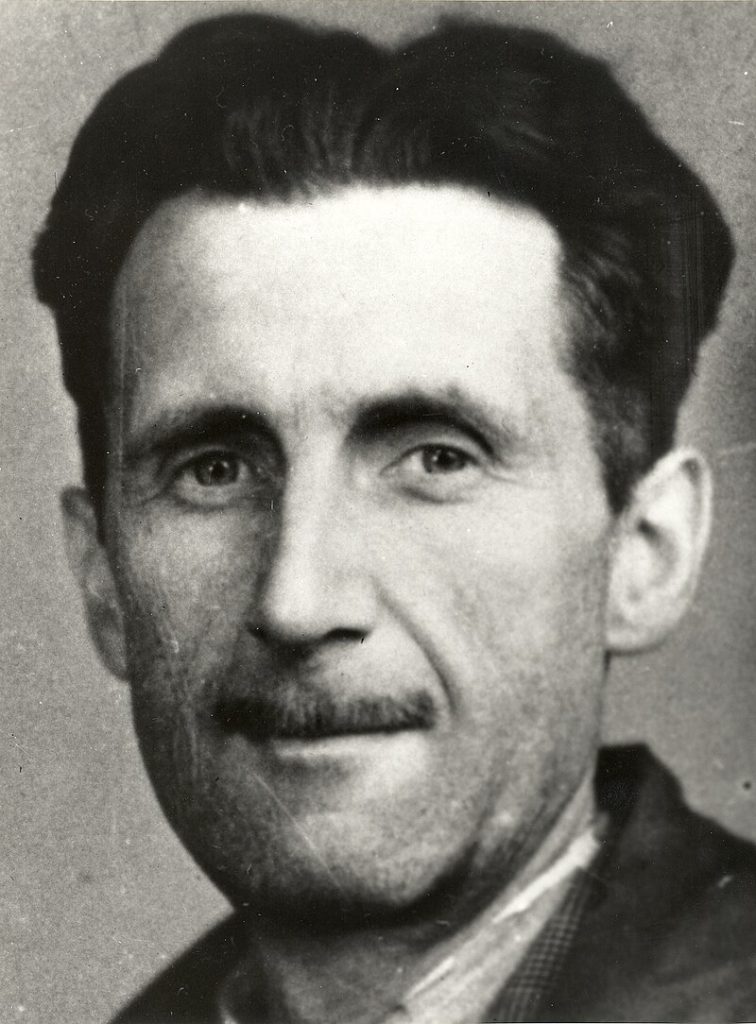
When we think of Marrakech today, images of vibrant souks, ornate palaces, and bustling medinas often come to mind. But in 1939, George Orwell painted a very different picture of the city in his essay simply titled “Marrakech.”
As someone who has lived in Morocco for years, I was struck by Orwell’s raw, unflinching observations of colonial-era Marrakech. His essay offers a haunting glimpse into a time of stark inequality and dehumanization.
Orwell begins with a vivid description of a funeral procession, noting how the body is simply wrapped in cloth and buried in a shallow, unmarked grave. This sets the tone for his reflections on the extreme poverty and expendability of human life he witnesses.
Throughout the essay, Orwell grapples with the psychological effects of colonialism – both on the colonized and the colonizers. He describes feeling disconnected from the suffering around him, struggling to see the Moroccans as fellow human beings rather than an “undifferentiated brown stuff.”
Some of the most powerful passages detail the backbreaking agricultural labor and exploitation Orwell observes. He writes of women bent double working the fields, of peasants struggling to cultivate arid land, of elderly women carrying crushing loads of firewood.
Yet Orwell notes how easy it is for European visitors to overlook this harsh reality, seeing only exotic scenes of orange groves and camel caravans. The extreme poverty fades into the background, rendered almost invisible.
The essay ends on an ominous note, as Orwell watches Senegalese soldiers marching and wonders how long European colonial powers can maintain control through systems of racial hierarchy and oppression.
While difficult to read at times, Orwell’s “Marrakech” offers invaluable insight into the colonial mindset and conditions of the era. It serves as a stark reminder of how far Morocco has come since gaining independence, while also highlighting issues of inequality that persist today.
I highly recommend reading Orwell’s full essay to gain a deeper understanding of this complex period in Moroccan history. You can find the complete text here:
Have you read Orwell’s “Marrakech” or other writings about colonial Morocco? I’d love to hear your thoughts and reactions in the comments!

